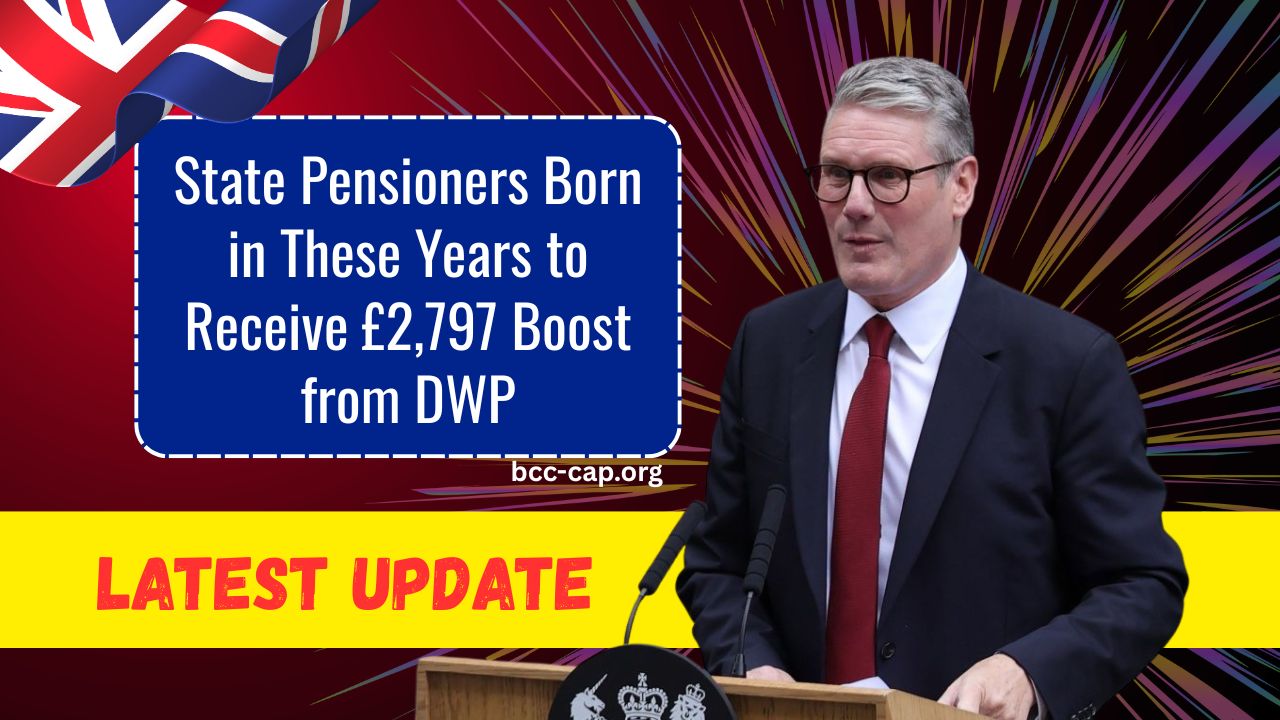The UK State Pension is divided into two main schemes: the basic State Pension and the new State Pension, each offering different weekly and annual payout rates.
The scheme a person qualifies for depends largely on their date of birth and when they reach State Pension age.
Who Qualifies for the New State Pension?
Individuals eligible for the new State Pension include:
- Men born on or after April 6, 1951
- Women born on or after April 6, 1953
These individuals can start receiving their pension once they reach the State Pension age, which currently stands at 66.
Payout Differences: Basic vs. New State Pension
Pensioners receiving the new State Pension can earn up to £230.25 per week, equaling £11,973 annually. This is a substantial £2,797.60 more per year than those receiving the full basic State Pension.
In contrast, those on the basic scheme can receive a maximum of £176.45 weekly, which totals £9,175.40 per year. The Department for Work and Pensions (DWP) is responsible for disbursing these payments.
Annual Pension Increase Through the Triple Lock
Both pension schemes are updated annually on April 6, coinciding with the new tax year. This update follows the Triple Lock policy, which ensures pensions increase by the highest of:
- Inflation
- Average earnings growth
- 2.5%
In 2024, this resulted in a 4.1% increase, based on average earnings between May and July 2024.
New State Pension Brings Higher Annual Boost
Although both schemes saw an increase this year, those on the new State Pension gained more:
- Basic Pension: Increased from £169.50 to £176.45 per week, an extra £360 annually
- New Pension: Increased from £221.20 to £230.25 per week, an extra £470 annually
This underscores how recipients of the new scheme continue to receive significantly more than those still under the basic system.
Eligibility Also Depends on National Insurance Record
While age and birth year determine which scheme you fall into, the amount you receive depends heavily on your National Insurance (NI) contributions.
- Minimum of 10 qualifying NI years required to receive any new State Pension
- 35 qualifying NI years typically needed for the full amount
If your weekly payment is below £230.25, it may be due to insufficient NI contributions.
DWP’s Statement on 2024 Increases
According to a statement from the DWP:
“With uprating in effect, pensioners receiving the full basic State Pension will see their weekly payments rise from £169.50 to £176.45 per week, worth an additional £360 a year.
In addition, the full rate of the new State Pension will increase from £221.20 to £230.25 per week, an increase of £470 a year.”
Summary Table of 2024 Pension Rates
| Pension Type | Previous Weekly Rate | New Weekly Rate | Annual Increase | Total Annual Amount |
|---|---|---|---|---|
| Basic State Pension | £169.50 | £176.45 | £360 | £9,175.40 |
| New State Pension | £221.20 | £230.25 | £470 | £11,973.00 |
If you were born after April 1951 (men) or April 1953 (women) and have a strong National Insurance record, you’re likely benefiting from the new State Pension, receiving up to £2,797 more annually than those under the basic scheme.
This difference continues to grow due to annual upratings, reinforcing the importance of understanding your State Pension entitlement and ensuring your NI contributions are complete. As pension rules evolve, staying informed helps you maximize your retirement income.
FAQs
Who qualifies for the new State Pension in the UK?
Men born on or after April 6, 1951, and women born on or after April 6, 1953, are eligible once they reach age 66.
How much more can I receive on the new State Pension compared to the basic one?
You could receive up to £2,797 more annually if you qualify for the new State Pension at the full rate.
What happens if I don’t get the full weekly amount?
If your weekly payment is below £230.25, it likely means you haven’t met the required 35 National Insurance qualifying years.
